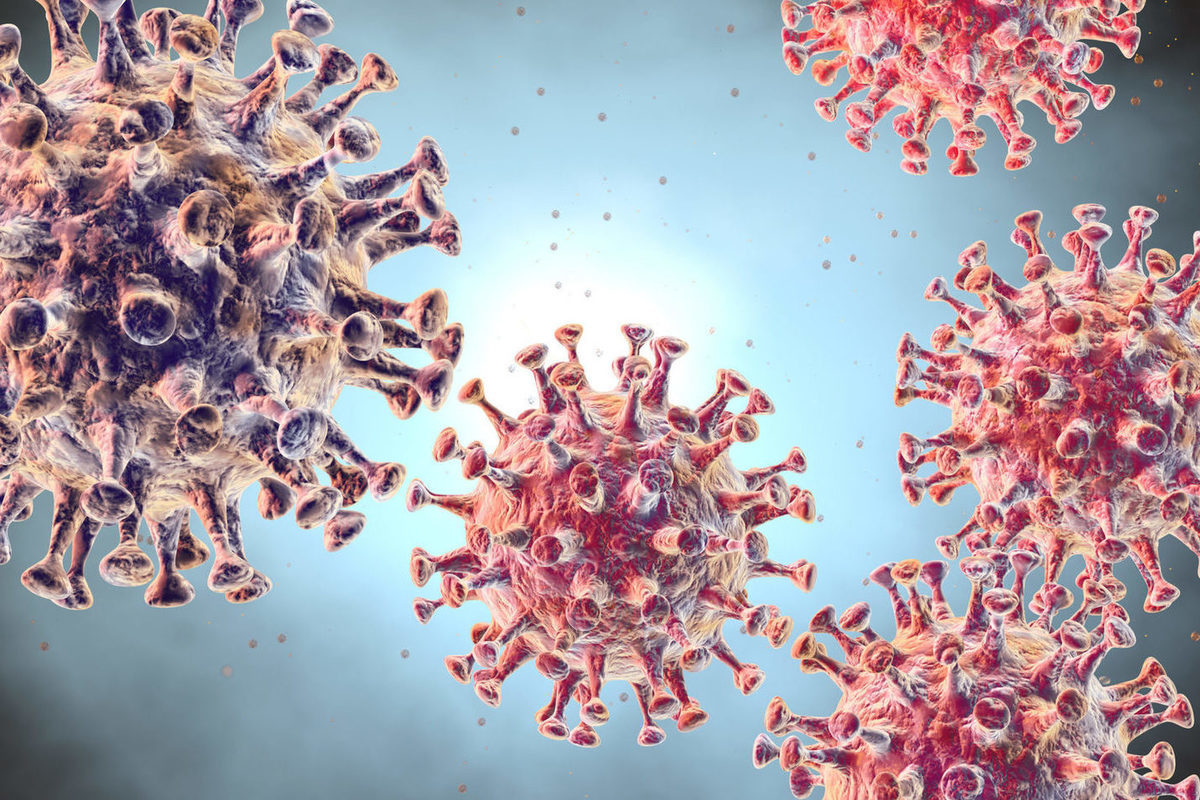Scientists at Fudan University (China) have developed a small device that can detect a new type of coronavirus in samples from the nasopharynx in less than four minutes. This is written by the scientific journal Nature Biomedical Engineering.
Chinese experts tested the sensor on 33 volunteers who had previously been diagnosed with coronavirus using PCR testing. In addition, 54 healthy Chinese residents took part in the test. All the test results obtained using the new device turned out to be accurate. "We used an electromechanical bio-sensor to detect the SARS-CoV-2 virus with a small device and showed that it detects the coronavirus in less than four minutes in all nasopharyngeal swabs of 33 patients with confirmed disease. He also confirmed the absence of the virus in 54 control patients," the report says.
According to scientists, with the help of the sensor, a rapid and hypersensitive determination of ions, biomolecules and ribonucleic acid SARS-CoV-2 takes place. It is noted that the rapid test procedure using such a device takes no more than four minutes and has diagnostic accuracy comparable to PCR tests.
In recent months, Russian and foreign specialists have created several variants of test systems that detect traces of the SARS-CoV-2 virus in blood samples or patient secretions. As a rule, they are based either on the detection of fragments of the RNA of the causative agent COVID-19 using polymerase chain reaction (PCR) and its analogues, or on the detection of antibodies to a new type of coronavirus.
In addition, there are rapid tests that detect traces of the virus in sputum samples due to interactions between coronavirus particles and antibodies whose molecules are labeled with dyes. This method of detecting SARS-CoV-2 is inferior in accuracy to PCR, which is why it is not used in medical practice without re-checking samples in other ways.



 According to scientists, a rapid and hypersensitive determination of ions, biomolecules and ribonucleic acid SARS-CoV-2 takes place with the help of the sensor.
According to scientists, a rapid and hypersensitive determination of ions, biomolecules and ribonucleic acid SARS-CoV-2 takes place with the help of the sensor.






